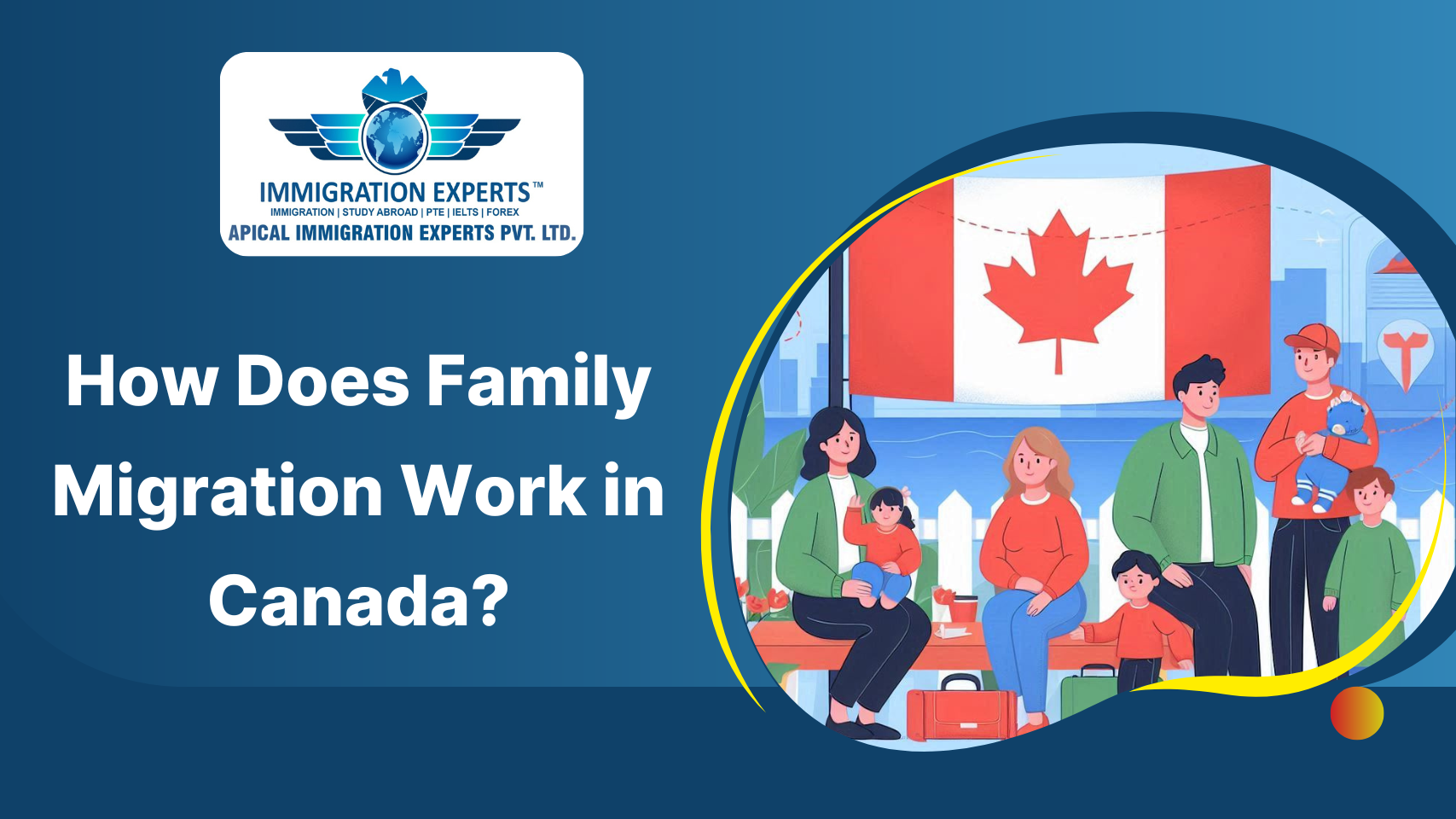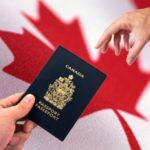Bringing family to Canada is one of the most important and emotional uses of the immigration system. Whether you want to sponsor a spouse, a child, or your parents, Canada’s family-class sponsorship pathways are designed to reunite loved ones — but they do require careful preparation, paperwork, and financial responsibility.
This guide explains how family migration works in plain language, gives practical steps you can act on today, and shares original tips from real-world experience.
This guide walks you through the process step by step and gives practical tips to help you avoid common mistakes.
Check Your Skilled Assessment & Eligibility
Who can sponsor whom?
A sponsor must be at least 18 years old and usually must be a Canadian citizen, a permanent resident living in Canada, or a person registered under the Indian Act. The most common sponsorship categories include:
- Spouse, common-law partner or conjugal partner.
- Dependent children (biological, adopted, or those qualifying by dependency).
- Parents and grandparents through a specific intake process.
- In very limited cases, other relatives if strict conditions are met.
Basic sponsor eligibility
To be a sponsor you generally must:
- Be 18 years of age or older.
- Be a citizen or permanent resident of Canada (with very limited exceptions).
- Sign a legally binding undertaking to financially support the sponsored person for a set period after they become a permanent resident.
That financial commitment is important — it ensures newcomers won’t need social assistance and it is enforced for the duration of the undertaking.
The two-part application process
Family sponsorship is usually a two-step process:
- Sponsor application: You apply to be a sponsor and show you meet the eligibility rules.
- Permanent residence application: The sponsored person applies for permanent residence and completes medical, criminal and identity checks.
Often these applications are linked so the decision-makers can see both the sponsor’s eligibility and the sponsored person’s admissibility at the same time. Filing complete, well-organized applications reduces the chances of requests for additional documents and avoids avoidable delays.
Spousal and partner sponsorship — what to prepare
Sponsoring a spouse or partner is one of the most common family routes. Canada recognizes married spouses, common-law partners (typically living together for at least 12 months) and conjugal partners in special circumstances. Evidence of a genuine relationship is central: photos, chat logs, travel records, joint bank accounts, leases, utility bills and affidavits from friends or family can all help.
If you are applying from outside Canada, you may also consider temporary options (like a visitor visa or a work/study permit for the spouse where eligible) so you can be together while the permanent residence application is processed.
Parents and grandparents — plan for limited intake
Sponsoring parents and grandparents usually happens through a capped intake process that opens at specific times. Because spots are limited, preparation is key: sponsors must meet minimum income requirements and provide several years of tax and employment documents. Have your proof of income and tax records ready so you can submit quickly when the intake opens.
Sponsoring dependent children — watch the age rules
To qualify as a dependent child, the person is generally under age 22 and not in a conjugal relationship. A child’s age is often “locked in” when authorities receive a complete application, so delays can affect eligibility. Exceptions exist for children over 22 who are financially dependent due to a physical or mental condition.
Medical, criminal and admissibility checks
Even if the sponsor is approved, the sponsored person must pass medical examinations and criminal/background admissibility checks. Issues discovered in these checks can lead to refusal. Always provide complete and truthful information — omissions or inconsistencies are frequent causes of processing delays or denials.
Processing times and how to track progress
Processing times vary by category (spouse, child, parent), country of residence and workload. There are electronic portals where you can upload documents, pay fees and receive updates. Because timelines change, maintain flexibility in your plans and be ready to supply additional documents if requested.
Practical, original tips
- Create a relationship or family file now. Keep a digital and physical folder of photos, messages, travel itineraries, joint bills, leases and sworn statements. It saves hours when evidence is requested.
- Gather financial documents early. For parents or grandparents, sponsors will usually need multiple years of tax returns and proof of stable income. Collect these files ahead of intake windows.
- Schedule medical exams and police checks early. These can take weeks and sometimes longer depending on local processing — don’t leave them to the last minute.
- Time documents with care. Some documents have expiry windows (police certificates, medical results). Coordinate timing so evidence remains valid when submitted.
- Translate properly. Any non-English or non-French documents must be translated by a certified translator with a sworn statement; poor translations cause delays.
- Use temporary visas wisely. Visitor visas, study permits or work permits (for eligible spouses) can allow family time together while PR applications are processed — but ensure you meet the temporary visa requirements and be honest on all forms.
- Keep copies and a submission checklist. Before sending anything, run through a comprehensive checklist and keep stamped copies or screenshots of everything submitted.
Common pitfalls to avoid
- Submitting incomplete or inconsistent applications.
- Missing required proof of income for parent/grandparent sponsorships.
- Relying on informal evidence (screenshots without context can be weak).
- Not timing background checks properly so they expire.
- Assuming wait times are fixed — they fluctuate.
When to seek professional help
Consult a licensed immigration professional or lawyer if your case involves criminal records, complex family relationships, prior refusals, inadmissibility issues, or humanitarian factors. Professionals can help prepare strong submissions, explain legal options, and represent you in complex cases.
Conclusion — reunite with care and planning
Canada’s family migration paths are designed to reunite families, but success depends on planning, accurate documents, and financial readiness. Start early, keep good records, be honest in your forms, and prepare for official medical and background checks. With careful preparation you’ll have the best chance of bringing your loved ones to Canada and building your life together.
Get expert guidance on your Canada family migration journey — contact us today to reunite with your loved ones.
Email: info@immigrationxperts.com
Call us: +91-9999467686, +91-8447-696555
Frequently Asked Questions (FAQs)
- Who can I sponsor under Canada’s family immigration program?
You can sponsor your spouse, common-law partner, dependent children, parents, and grandparents. In rare cases, you may also sponsor other relatives if certain conditions are met. - How long does family sponsorship take in Canada?
Processing times vary depending on the type of sponsorship and the applicant’s country of residence. Spousal sponsorships often take around 12 months, while parent and grandparent applications can take longer. - What is the minimum income required to sponsor family in Canada?
For sponsoring a spouse or dependent child, there is usually no strict income requirement. However, for parents and grandparents, sponsors must meet the Minimum Necessary Income (MNI) level for the last three tax years. - Can my spouse work in Canada while waiting for sponsorship approval?
Yes, in many cases spouses being sponsored from inside Canada can apply for an open work permit while their permanent residence application is being processed. - What documents are required for family sponsorship?
Key documents include proof of relationship (marriage certificate, photos, communication records), identity documents (passports, birth certificates), police certificates, medical exam results, and financial proof where required.






